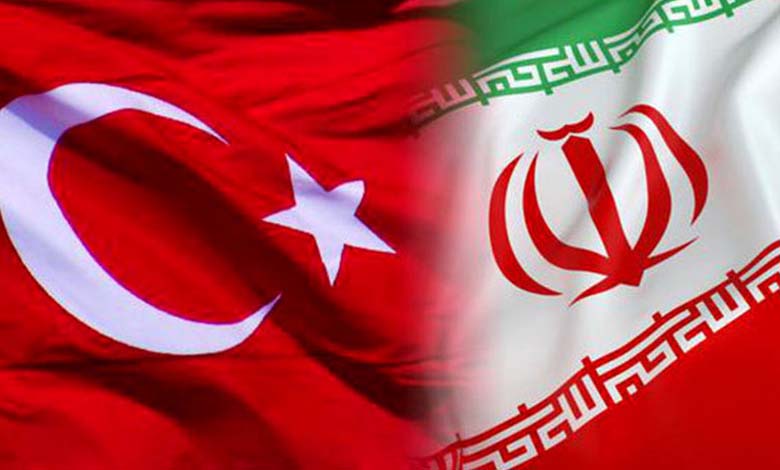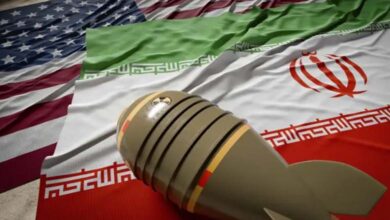What are the implications of Tunisia cancelling visas for Iranians?
Tunisians warn of the consequences of opening Tunisia's doors to Iranian influence, especially after negative experiences of countries in the Middle East

Tunisia decided to cancel entry visas for citizens of Iran and Iraq, a move some see as a sign of President Kais Saied’s orientation towards the East amid warnings of compromising historical relations with the West, while others view it as reciprocity in response to Iran’s decision to cancel visas for Tunisians.
The Tunisian Ministry of Foreign Affairs announced in a statement on Friday that it has decided to cancel entry visas to Tunisia for holders of ordinary Iranian passports, starting from June 15. It also clarified “that it has decided to cancel entry visas to Tunisia for holders of ordinary Iraqi passports for tourism purposes not exceeding 15 days, for a single entry every 180 days, provided they present a prior confirmed hotel reservation with a return ticket, starting from June 15, 2024.”
This move comes days after President Saied’s visit to Tehran to offer condolences on the death of President Ibrahim Raisi and his companions after their helicopter crashed, where he met with Iran’s Supreme Leader Ali Khamenei, marking the first meeting between a Tunisian president and the Supreme Leader.
The visit received significant attention from the Western press, indicating that Saied might have chosen to align with axis politics, especially since it coincided with the president’s visit to China with a delegation of Arab leaders and after efforts to restore relations between Tunisia and Syria, an ally of Iran.
Observers believe that such policies could anger Western powers that have conflicts with Iran and imposed strict sanctions on it, warning against the dangers of dealing with Iranians under sanctions related to the nuclear file and Tehran’s destabilizing policies in the region.
Several nationalist forces supporting the Tunisian president expressed their support for such moves to diversify relations and not succumb to Western influence, especially as European and Western capitals continue to exert economic pressure on Tunisia under the pretext of freedoms.
On the other hand, others warn of the consequences of opening Tunisia’s doors to Iranian influence, highlighting that countries in the Middle East that have made similar decisions found themselves in internal conflicts and attempts to incite sectarian strife.
However, observers confirm that the move comes within the framework of reciprocity. Riza Biktali, Deputy Minister of Foreign Affairs for Consular, Parliamentary and Iranians Abroad Affairs, stated earlier that citizens of 28 countries, including Tunisia, do not need a visa to travel to Iran for tourism starting from February 4, 2024, and only need to book a ticket to Iran.
The move also follows recommendations from the president to Foreign Minister Nabil Ammar “to intensify diplomatic work with many countries and regional groupings, prioritizing Tunisia’s supreme interests and maintaining national sovereignty.”
The decision also raised some doubts about the role of some close to the president who have connections with Iran in promoting relations with the Islamic Republic.
Saied repeatedly asserts that Tunisia’s policies are independent and that the country refuses any interference in its internal affairs or being imposed a certain policy regarding relations with countries.
Historically, Tunisia has been considered a pro-Western power, with its policies characterized by neutrality in regional and international conflicts, and it did not adopt axis politics before the revolution.












